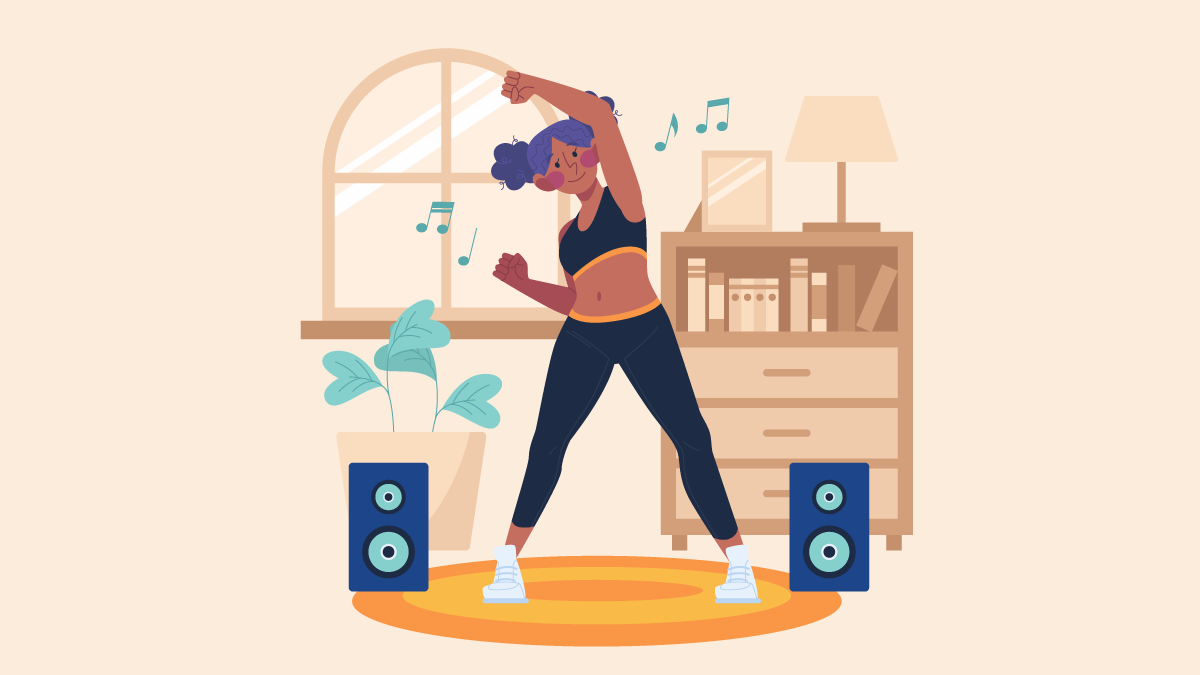In this day and time, technology is an integral part of our lives that we need to be always performing well since many aspects of our lives depend on it. Anything with poor quality can be frustrating, but with technology in specific, it can be catastrophic. With our work mainly depending on it, no one can afford poor quality audio during streaming, live meetings, or recording. That’s why we put together these tips from the pros that can help you improve your audio quality.
1. Eliminate Background Noise
If you’re looking to improve the way your audio sounds, you’ll need to try to eliminate the distracting background noise. The poorest audio quality is one where there are a bunch of unknown sounds happening in the distance, and that’s why you should pick the right location to record anything without any ambient noise. Even the sounds that seem non-existent to you, like from a ceiling fan or air conditioning, can create background noise. You should also make sure the room you are in does not reflect your voice back into the microphone by trying make-shift isolation techniques like furniture, wall decorations, and carpet.
2. Get The Right Equipment
To make sure you have the best possible audio quality, you need to invest in the right kind of sound equipment. You can start simply by just reading an article online, as it will tell you all the best brands of each piece of sound equipment you’ll need. A high-quality pair of headphones like the Bowers & Wilkins Pi5 & Pi7 In-ear headphones can improve your audio quality and help you in identifying issues in your own recordings. You should also consider getting good desktop speakers instead of using the ones built into your laptop for better sound quality.
3. Amplify & Normalize
Sometimes an audio track is either too loud or just not loud enough, which can be easily fixed using amplifying and normalizing techniques. Sound amplification keeps the relative volume while changing the volume of the specific track you choose. You can use this technique to either raise or lower a certain sound. As for the normalizing effect, it brings the recording into a balanced amplitude. So for example, if you have a recording of an interview with one person sounding louder than the other, the amplify technique will raise all sounds on the track, meanwhile, the normalizing effect can raise a certain part of the recording, while keeping the rest as it is.
4. Boost Wi-Fi
If you’re struggling with audio quality while streaming music, shows, or anything else through your device, it could be an internet issue. The same goes for your audio when you’re attending live Zoom meetings or going through a Skype interview. Having a strong internet connection causes audio to get delayed or come out in poor quality. Try to boost your Wi-Fi using either a signal booster or by upgrading your plan with your service provider.
5. Use Audio Editing Software
To get the best possible audio quality for your recordings, you need to look for the right audio editing software. An audio software would help you make all kinds of enhancements to your audio, including the previously mentioned amplifying and normalizing features, as well as removing silences from a track. Find the right one that has all the features you might need like trimming audio files, removing background noise, adjusting volume, and more. There are both free and paid options for editing software, so you can try it out first before paying for it.
6. Get An External Digital-To-Analog Converter
An external digital-to-analog converter (DAC) is what’s installed in your computer to turn sound files into analog signals for the speakers. You can get an external DAC to improve your audio quality just by plugging it into your laptop. External DACs bypass the internal ones and eliminate interference and enhance the sound volume. They come in all shapes and sizes, including portable ones with a headphone amp combination. Using these small yet powerful external devices will play more accurate sound from any device and provide a huge effect on sound quality.
These are the best useful tips you can try out to improve your audio quality according to the pros. At the end of the day, audio quality can be affected by a multitude of things, so if the factors are controllable, it won’t be much of an issue. Otherwise, you’ll need to resort to solutions to boost audio quality using external elements. Remember to take your time researching any sound equipment before purchasing to make sure you are investing in high-quality ones. Whether it’s equipment to record your own audio or for listening to it, make sure you always perform a thorough sound check.

